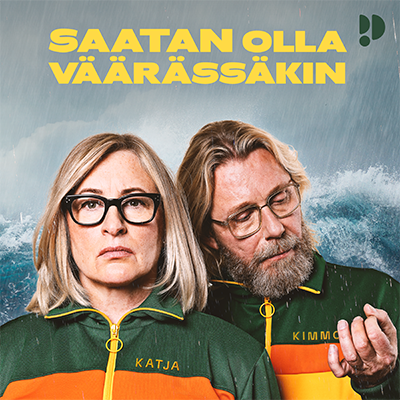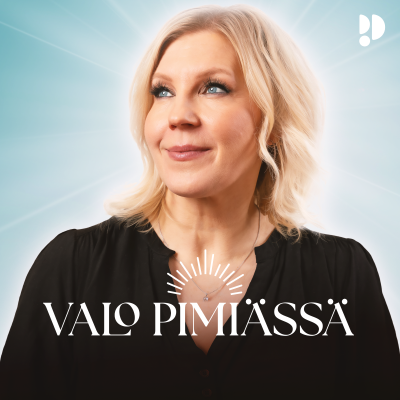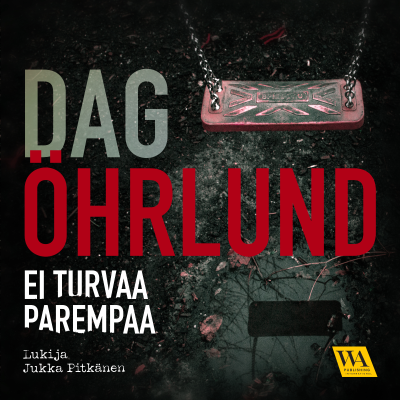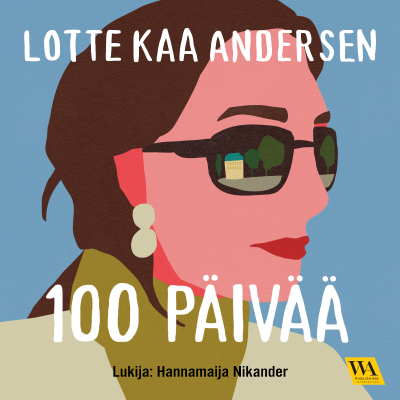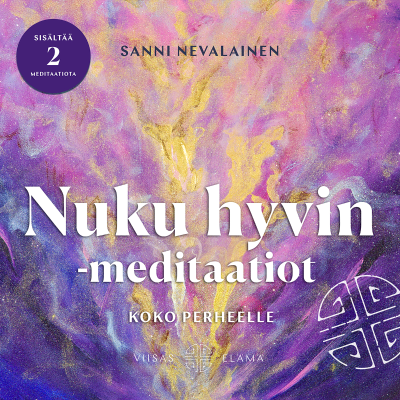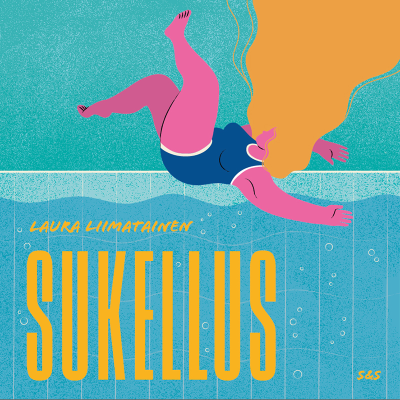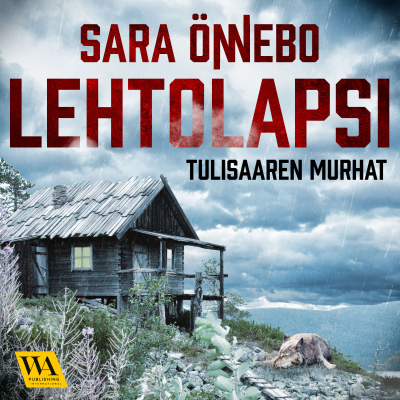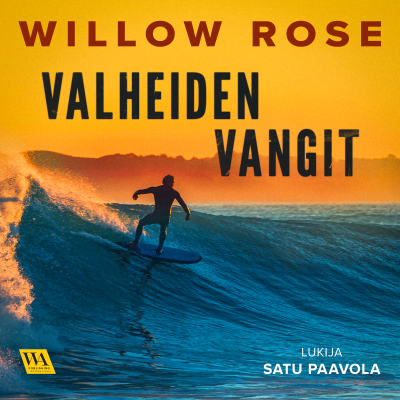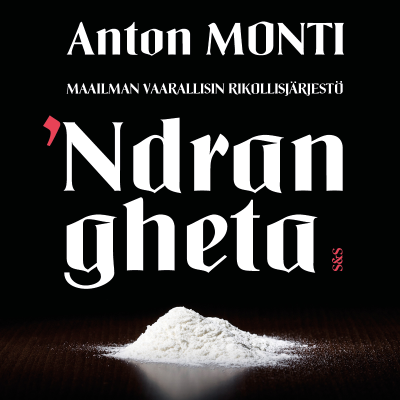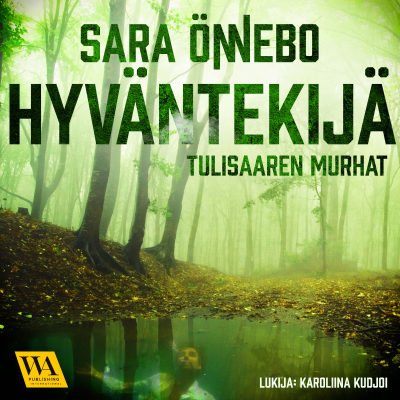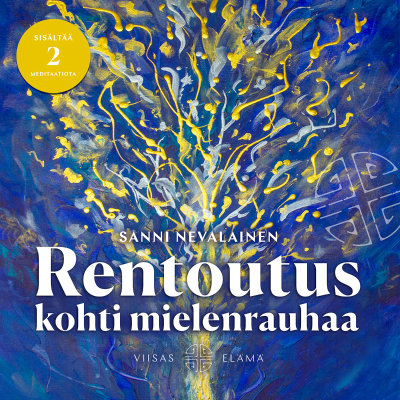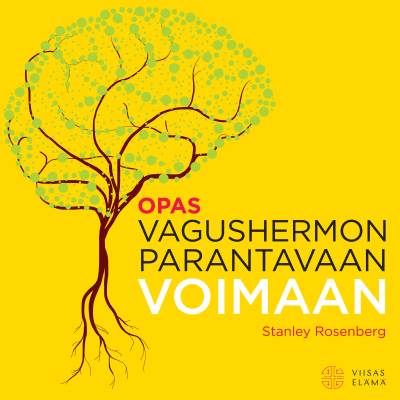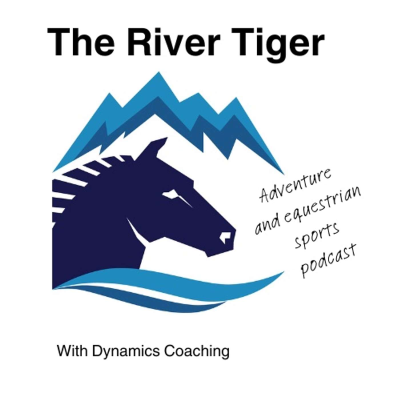
The River Tiger Podcast from Dynamics Coaching
Podcast by Marianne Davies
Our mission is to bring evidence-based research, theory, and practice to life in an engaging, enjoyable, and practical manner. We aim to foster a vibrant community where knowledge meets application in the realms of adventure, lifestyle, and equestrian sports.Join us as we delve into spontaneous and insightful conversations with practitioners and researchers across the fields of learning, skill acquisition, movement sciences, ethics, and philosophy, particularly in relation to adventure and equestrian sports. Our focus is on sports that embrace fluidity and lack rigid boundaries or rules, inherently involving risks that cannot be completely eliminated. We believe that these sports present unique challenges and opportunities that differ from those found in many traditional sports. However, we aspire for our podcasts to resonate with coaches and participants across a diverse spectrum of sports and activities.Become part of our passionate community, nurture your skills, forge connections, uphold ethical standards, and revolutionise your approach to acquiring movement skills.
90 vrk ilmainen kokeilu
Kokeilun jälkeen 7,99 € / kuukausi.Peru milloin tahansa.
Kaikki jaksot
62 jaksotEd Baggs, assistant professor at the University of Southern Denmark, joins me for a conversation about his research on affordances. I invited Ed to join me after reading his latest (preprint) paper ‘The Affordance Hypothesis. In this paper Ed and his co-author Vicente Raja delve into affordance research, using examples like an African fish eagle hunting bee-eaters to illustrate direct perception. Ed discusses his journey from traditional cognitive science to exploring affordances in language and human interactions. Though the paper they reference, among many others, James's Principles of Psychology and Kant's Critique of Pure Reason, to contextualise Gibson's work. Ed emphasises the need to move beyond categorisation-based thinking to a field-based approach, using action boundaries to operationalise affordances. As a key part of the operationalisation problem (how to study affordances without falling back into categorical thinking), Ed explains the long-standing debate over affordances' ontological status, referencing Fodor and Pylyshyn's critique and Turvey et al.'s response. In their paper, Ed and Vicente propose viewing affordances as regions of movement space rather than categories. The discontinuity problem addresses how humans use language to categorise things, and therefore perceive affordances differently from other animals. The conversation also touches on the practical implications for coaches and athletes, emphasising the importance of shared perceptions and meaningful affordances. There is so much in here. It is worth listening to Episode 60 with Dr Andrew Wilson for an introduction to affordances, and to Episode 1 with Dr James Stafford and Warren Lampard for a conversation about action boundaries and using affordances in practice. About my guest Edward Baggs is assistant professor in humanities at the University of Southern Denmark and a fellow at the Danish Institute for Advanced Study. His work focuses on the problem of scaling up embodied cognitive science beyond the individual mind to encompass collaborative activity as well as cognitive development and language. His current interests include direct social perception theory and developing field-based methods for observing cognition in everyday settings. Links Ed Baggs on ‘x’ https://x.com/edbaggs/status/1867584095720779812 [https://x.com/edbaggs/status/1867584095720779812] Preprint full paper DOI https://osf.io/preprints/psyarxiv/xu4wk [https://osf.io/preprints/psyarxiv/xu4wk] YouTube clip of the African Fish Eagle https://www.youtube.com/watch?v=DW-BSDZ7iqc&pp=ygUWYWZyaWNhbiBmaXNoIGVhZ2xlIGJiYw%3D%3D [https://www.youtube.com/watch?v=DW-BSDZ7iqc&pp=ygUWYWZyaWNhbiBmaXNoIGVhZ2xlIGJiYw%3D%3D] Karen Adolph visual cliff research clip https://www.youtube.com/watch?v=WanGt1G6ScA [https://www.youtube.com/watch?v=WanGt1G6ScA] How direct is visual perception?: Some reflections on Gibson's “ecological approach.' J.A. Fodor, & Z.W. Pylyshyn (1981) https://www.sciencedirect.com/science/article/abs/pii/0010027781900093?via%3Dihub [https://www.sciencedirect.com/science/article/abs/pii/0010027781900093?via%3Dihub] Ecological laws of perceiving and acting: In reply to Fodor and Pylyshyn (1981) Turvey et al. (1981) https://www.researchgate.net/publication/16000703_Ecological_laws_of_perceiving_and_acting_In_reply_to_Fodor_and_Pylyshyn_1981 [%20%20https:/www.researchgate.net/publication/16000703_Ecological_laws_of_perceiving_and_acting_In_reply_to_Fodor_and_Pylyshyn_1981]
Yuji Suzuki, a strength and conditioning coach and chiropractor based in Portland, Oregon, discusses his transition to an ecological approach in his work with youth and remote clients. He explains how the COVID-19 pandemic led him to explore online resources, which introduced him to the ecological principles of human movement learning. Yuji emphasises the importance of allowing clients to explore their own movements rather than imposing rigid biomechanical models. He also highlights the benefits of remote coaching, which encourages clients to become more independent and self-regulating in their movement practices. Yuji and I discuss the evolving understanding of pain, emphasising its complexity and the shift from singular to multifaceted approaches. Yuji highlights the importance of considering individual contexts, histories, and environments in pain management. Yuji describes the role of clinicians as guiding rather than just diagnosing, focusing on continuous support. We explore the cultural attitudes towards aging and movement in the UK and US. Additionally, we delve into the role of chiropractic care, with Yuji emphasising a more ecological approach beyond spinal adjustments, and the importance of movement exploration and behavioural adaptation. About my guest: Yuji works as a strength and conditioning coach in Portland, Oregon, USA working mainly with the youth population locally. Additionally, he utilises his background as a chiropractor to provide remote coaching for individuals navigating pain and performance related obstacles. He is an advocate for adopting an ecological dynamics approach in performance training, pain management and rehabilitation. Where to find Yuji: Instagram profile: https://www.instagram.com/yujgains/ [https://www.instagram.com/yujgains/] X profile: https://x.com/yujisuzukidc [https://x.com/yujisuzukidc]
This is a special edition of the podcast. I'm not only passionate about coaching and learning in adventure and equestrian sports, they are an integral part of my life. In this episode I am joined by the three amazing women with whom I shared a wonderful adventure this summer. Sue Couling, Jenna Sanders and Louise Royle join me to capture our summer adventure stand up paddle boarding around the beautiful Isle of Anglesey in North Wales. The most amazing and special thing about adventure and equestrian sports are the people. I count myself blessed to have been able to spend my time with so many amazing people this year, on the yard, out hiking, and playing on the water. Our nonlinear (of course) circumnavigation around the Isle of Anglesey was the highlight of my year and a chance to get out and immerse myself in the stunningly beautiful seascapes of my home country with some special people. My guests on this episode: Louise, Sue and Jenna are all active coaches. If you would like some coaching or coach development with these three amazing women, here are their contacts. Louise Royle https://www.instagram.com/louise.royle.paddler/ Sue Couling https://www.facebook.com/sue.couling.3 Jenna Sanders https://www.facebook.com/flyinggeckooutdoors
This is a conversation that I have been looking forward to for a long time. We covered a lot of ground especially defining affordances and linking affordances not only to individual movement, but to multi organism and multi species interactions. On the way we connected affordance perception, calibration, flow, and many other importance concepts. Andrew Wilson, an ecological psychologist at Leeds Beckett University, discusses the concept of affordances, emphasising their central role in skill acquisition and movement. He explains that affordances are properties of the environment that enable or constrain action, and that perception of these affordances is crucial for successful interaction. Andrew contrasts affordances with traditional stimulus-response models, highlighting their intrinsic meaningfulness and the importance of complementarity between organisms and their environments. He also addresses the application of affordances in human-horse interactions, stressing the need for mutual calibration and adaptability. The conversation then touched on the potential connections between Gibson's concept of affordances and other emerging frameworks like the free energy principle and predictive processing. My guest on this episode was Dr Andrew Wilson Email: a.d.wilson@leedsbeckett.ac.uk [a.d.wilson@leedsbeckett.ac.uk] Bluesky: https://bsky.app/profile/adw.bsky.social [https://bsky.app/profile/adw.bsky.social] Blog: https://psychsciencenotes.blogspot.com/ [https://psychsciencenotes.blogspot.com/] Full episode notes: Where next * Explore the concept of affordances further, particularly in the context of skill development and human-animal interactions. * Consider how the language of affordances can provide a more nuanced and ecologically-valid way of understanding behaviour, compared to traditional approaches. * Discuss the potential connections between affordance theory and other emerging frameworks like the free energy principle and predictive processing.
In this podcast Eric Brymer discusses the human need for adventure, likening modern life to a metaphorical cage that strips away fundamental human experiences. He explores the motivations behind extreme sports, noting that while initial motivations vary, continued participation is driven by profound relationships with nature, clarity of mind, and ineffable experiences. Eric emphasises the importance of understanding these experiences through phenomenology and the hermeneutic approach, which involve deep reflection and language limitations. He also highlights the benefits of adventurous physical activity in nature for mental health and well-being, advocating for a life that integrates physical activity, nature immersion, and adventure. About my guest: Eric Brymer - Associate Professor, Human Sciences, Faculty of Health, Southern Cross University, Australia. Eric's research interests are Performance, Extreme sports and environments, Health and wellbeing, Nature experiences, Learning design, Adventure. Eric is interested in the psychology of performance, wellbeing and learning in adventure and nature-based contexts. His research is particularly focused on the impact of adventure and the human-nature relationship on health and wellbeing and the design of effective interventions. Eric can be contacted at Southern Cross University at https://researchportal.scu.edu.au/esploro/profile/eric_brymer/overview For Eric's publications see his profile on ResearchGate https://www.researchgate.net/profile/Eric-Brymer Paper examples: Adventure and Mental Health [https://www.researchgate.net/publication/383573277_Adventure_and_mental_health_an_ecological_perspective]:an Ecological Perspective. ‘Leave Your Ego at the Door’ [https://www.researchgate.net/publication/321138090_'Leave_Your_Ego_at_the_Door'_A_Narrative_Investigation_into_Effective_Wingsuit_Flying]: A Narrative Investigation into Effective Wingsuit Flying.
90 vrk ilmainen kokeilu
Kokeilun jälkeen 7,99 € / kuukausi.Peru milloin tahansa.
Podimon podcastit
Mainoksista vapaa
Maksuttomat podcastit






